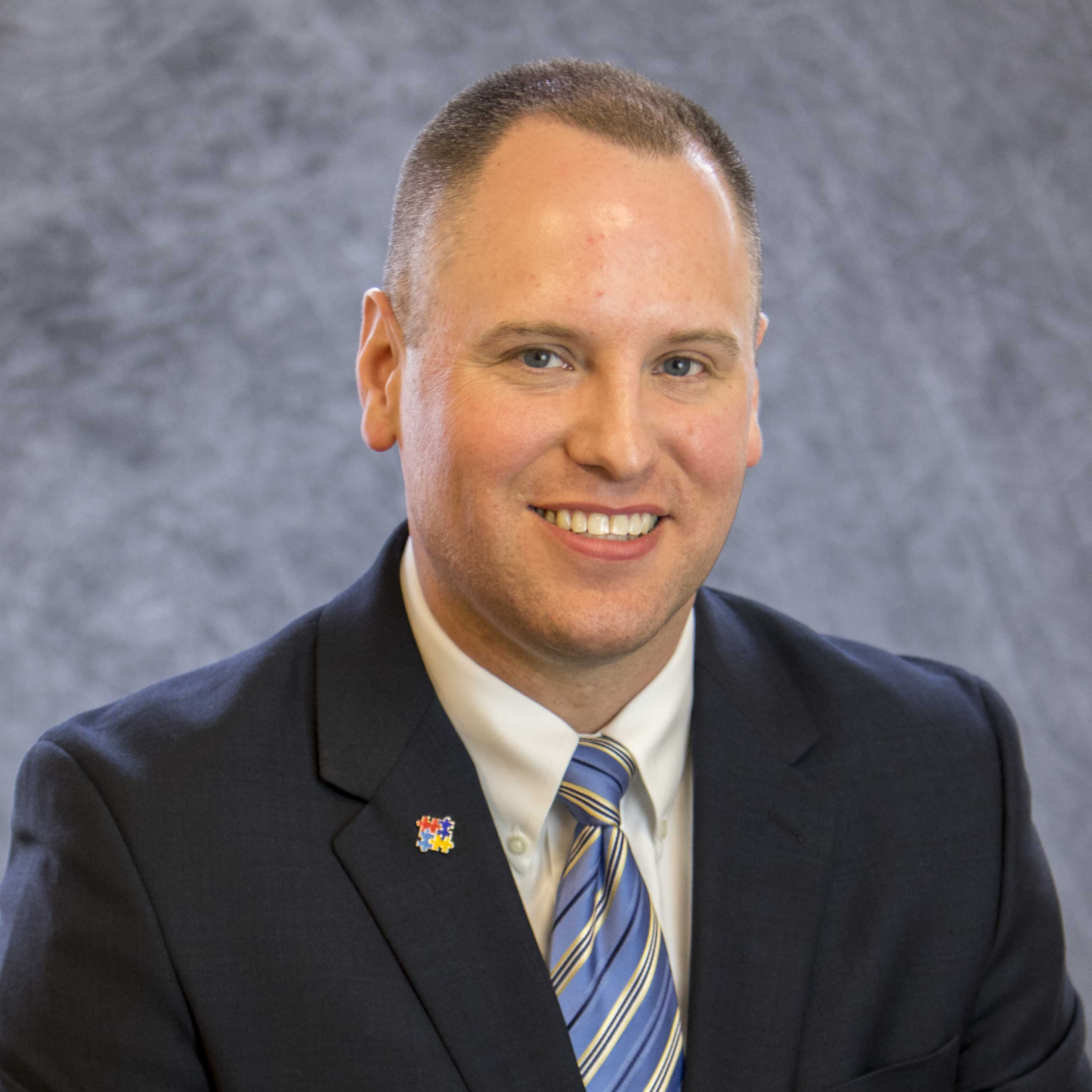Related Articles
This November, voters in the city of Yakima have the chance to adopt a policy they have already approved five times at the state level. Proposition 1 asks Yakima voters whether tax increases passed by the Yakima City Council should need extra consensus before they are approved.
Under Proposition 1’s proposed change to the city charter, the council would need five “Yes” votes to raise taxes instead of the current four. If five council members do not support a tax hike, the Council can put the matter before voters where the proposal would be subject to a simple majority vote.
The measure is modeled after the state supermajority requirement for tax increases, as well as similar proposals that voters recently approved in Pierce County and the city of Spokane.
Yakima voters overwhelmingly approved this tax-limitation policy at the state level in 1993, 1998, 2007, 2010 and just last year.
When some lawmakers sued voters, the state Supreme Court overturned the state two-thirds requirement. But the justices were careful not to dismiss the idea entirely. The court ruled if the policy is to be adopted at the state level, it must be done with a constitutional amendment.
Supreme Court Justice Susan Owens wrote “should the people and the Legislature still wish to require a super-majority vote for tax legislation, they must do so through constitutional amendment, not through legislation.”
That is exactly what Spokane and Pierce County voters have done, and what Yakima voters are being asked to do now. The Proposition 1 charter amendment is a change to Yakima’s city constitution.
Having a higher threshold for certain government actions is not unusual or unfair. Supermajority requirements like this exist at the federal, state and local level. In fact, a review of Yakima’s city charter already shows several existing supermajority requirements.
Adopting a supermajority to raise taxes is a reasonable taxpayer protection policy. The effort to raise taxes in the last legislative session – newly-elected Governor Inslee proposed $1.2 billion in new taxes – shows the need for increased taxpayer protection. Lawmakers spent much of the 2013 session under the voter-approved supermajority requirement, but even though their lawsuit against the two-thirds rule succeeded, legislators were clearly uneasy about raising general taxes.
Instead, they sought to increase revenues in other ways: by passing costs onto cities and counties and, in turn, giving local governments the increased ability to raise current tax rates or enact new forms of taxation. Thus, some Olympia lawmakers sought to avoid the blame for raising taxes themselves, and wanted local officials to do it instead.
Approval of Proposition 1 would make it more difficult for legislators to pass on that burden. It would also send a message to Olympia that this kind of policy is not only wanted at the local level, but at the state level as well.
If Yakima voters pass Proposition 1’s proposed charter change, they would clearly frame the city’s future budget debates. Proposition 1 does not make increasing taxes impossible; it simply requires lawmakers reach greater agreement before raising the financial burden they place on citizens.
Chris Cargill is the Eastern Washington director for Washington Policy Center, a non-profit, non-partisan research organization with offices in Spokane, Tri-Cities, Seattle and Olympia, online at washingtonpolicy.org.





